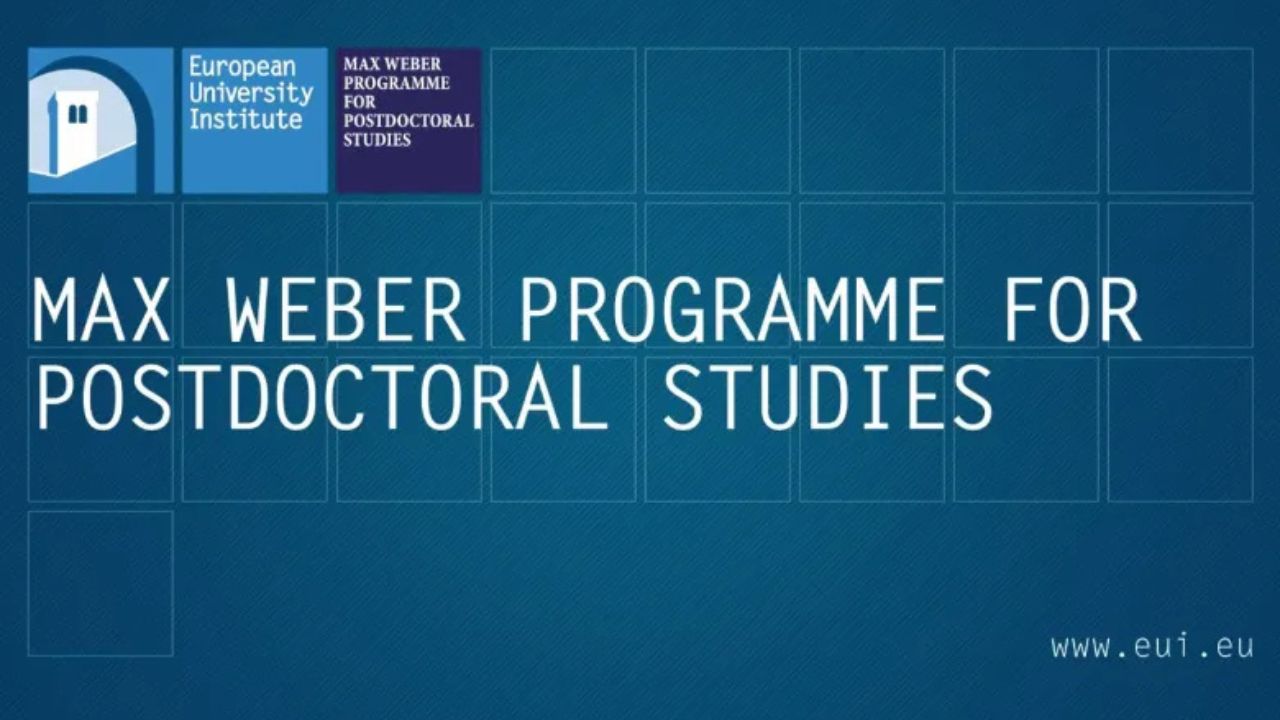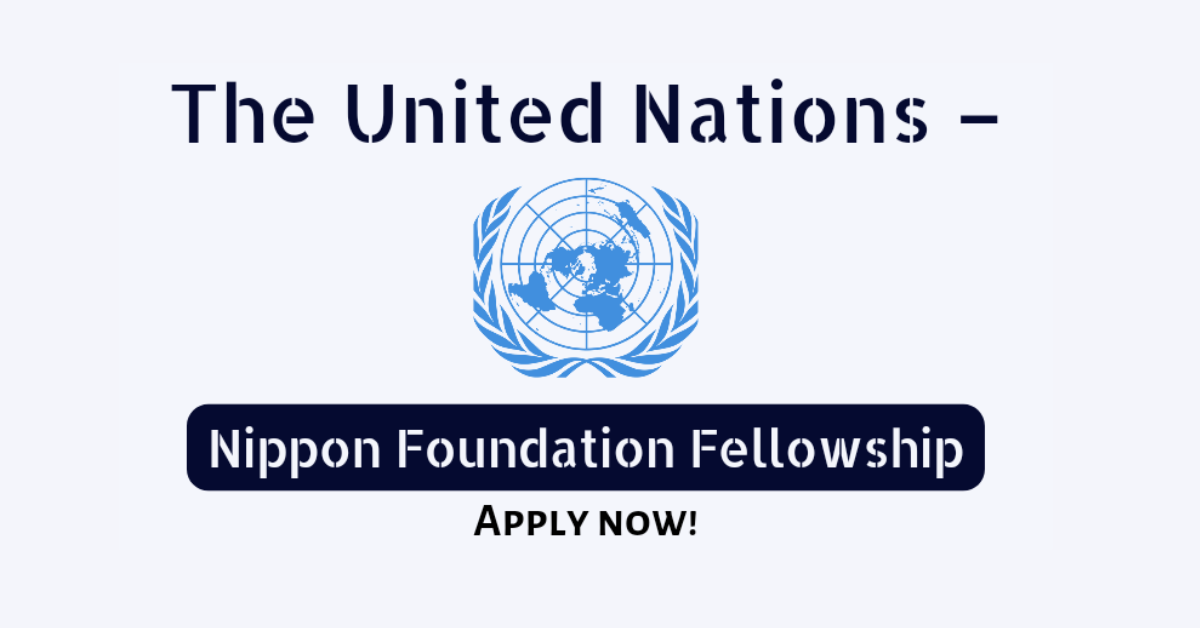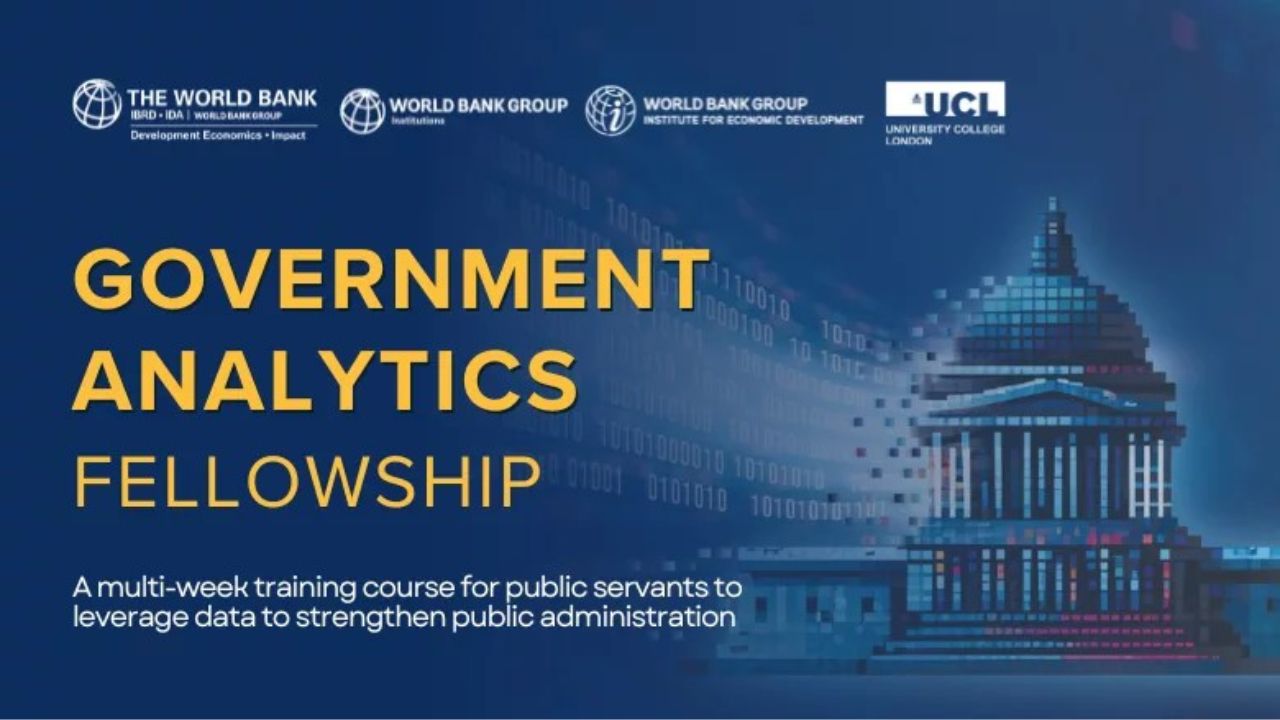The Max Weber Fellowship is a highly selective postdoctoral program at the European University Institute (EUI) in Florence, Italy, designed for outstanding recent PhD graduates in the social sciences and humanities. It is Europe’s largest and most innovative postdoctoral program in these fields, emphasizing not only research excellence but also the development of academic and career skills.

Program structure and features
The Max Weber Fellowship distinguishes itself through its “taught” postdoctoral approach, providing fellows with a combination of research time and structured training.
Multidisciplinary and disciplinary research
- Affiliation: Fellows are associated with one of the EUI’s departments: Economics, History, Law, or Political and Social Sciences. They can also be placed with the Robert Schuman Centre for Advanced Studies or the Florence School of Transnational Governance.
- Interdisciplinarity: Despite their departmental affiliation, fellows are encouraged to engage with a vibrant, multidisciplinary community. Activities include monthly Max Weber Lectures by distinguished scholars and Multidisciplinary Research Workshops organized by the fellows themselves.
- Research resources: Fellows benefit from the EUI’s world-class research facilities, including a state-of-the-art library and access to various datasets.
Academic practice and career development
A key feature of the program is its focus on developing the practical skills necessary for a successful academic career. This includes:
- Academic communication: Training in presenting research effectively to various audiences and support for academic writing in English.
- Job market preparation: Guidance on preparing job applications, creating a strategic career plan, and applying for research grants.
- Teaching opportunities: Fellows have opportunities for limited teaching and PhD student mentorship within EUI departments or at partner institutions.
- Academic Careers Observatory (ACO): The ACO monitors academic career trends across Europe and provides valuable information to fellows.
Key requirements and eligibility
The Max Weber Fellowship is highly competitive, with an acceptance rate of less than 5%.
Eligibility criteria
- PhD completion: Applicants must have received their PhD within the past five years or have official approval to defend their thesis by September 1 of the fellowship year. Extensions to this rule are available for career interruptions like maternity/paternity leave.
- Nationality: Open to candidates of any nationality.
- Academic standing: Preference is given to applicants who have only recently completed their doctorate and have not previously held a postdoctoral position.
- Language proficiency: Applicants must have an expected English proficiency of C1 or higher (CEFR). A certificate is not required for the application, but proof of proficiency will be requested from successful candidates upon registration.
Application process
- Applications are submitted through an online form, including a research proposal, CV, and academic career statement.
- Applicants must secure two to three reference letters from academic referees who submit their letters directly through the portal by the application deadline.
Financial support and duration
The fellowship offers substantial financial support, including:
- Grant: A monthly grant of €2,500.
- Allowances: Family allowances are available for fellows with partners or dependent children.
- Research fund: A personal mission and research fund of €1,000.
- Duration: Fellowships are typically one or two years, depending on the fellow’s affiliated department. In rare cases, a third-year extension may be granted.
Specialized and externally funded fellowships
Beyond the standard Max Weber Fellowships, several specialized opportunities exist:
- Special grants: The program offers special fellowships for candidates from particular countries, including Japan, Greece, and Poland.
- Collaborative programs:
- Kohli Fellowship for Sociology: Two-year postdoctoral fellowships for early-stage researchers in sociology.
- EUI-IHEID Fellowship: A partnership with the Graduate Institute in Geneva (IHEID) that offers a split fellowship to suitable candidates.
- Externally funded fellows: Candidates who secure their own external funding are also welcome to apply and participate in the program.
Life in Florence
- Housing assistance: The EUI offers a housing service that provides information on rental accommodations.
- Language courses: Fellows can access free language courses in English, French, German, Italian, Portuguese, and Spanish.
- Campus life: The vibrant EUI campus and the city of Florence provide a stimulating environment for academic and social life.
Hi, I’m Owen. I’m passionate about sharing the latest government aid news, benefits, and policy updates so you can stay informed and make the most of available resources. My goal is to break down complex information into clear, easy-to-understand updates that help you navigate programs and opportunities that matter to you.



